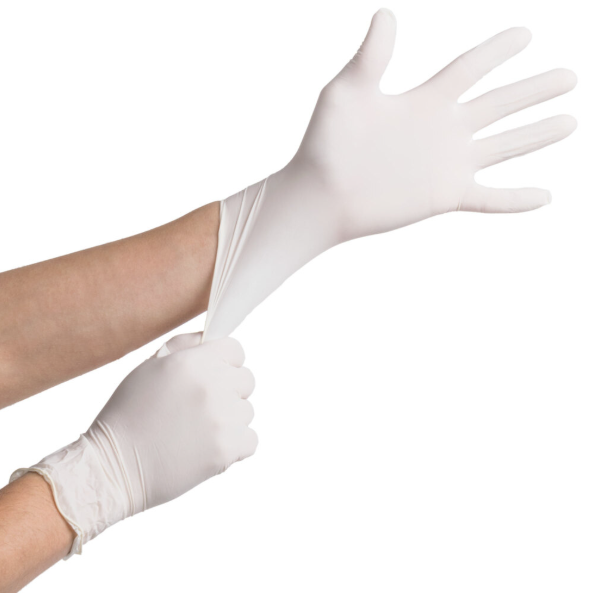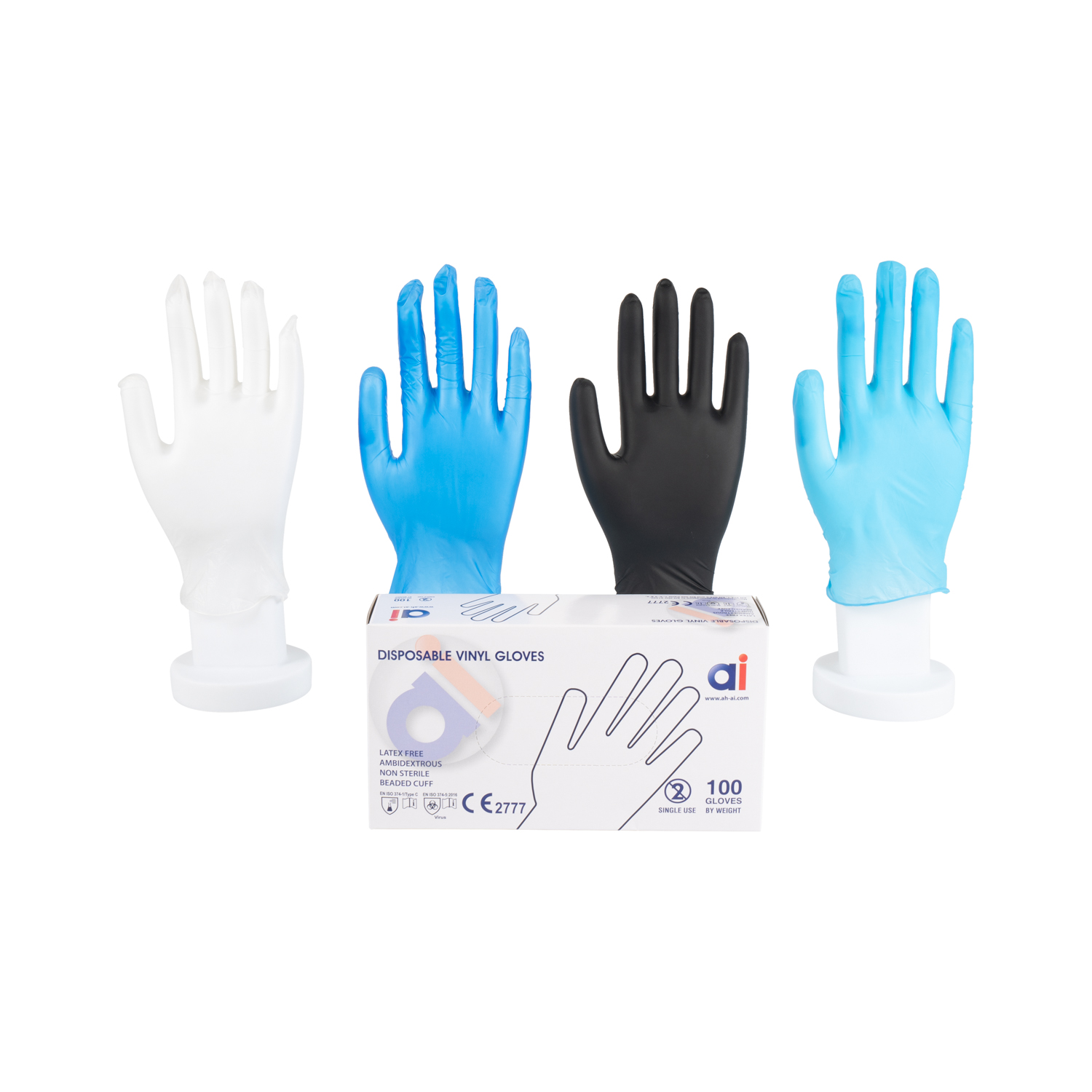
At Quality Gloves, we understand that disposable gloves are an essential tool across countless industries and everyday scenarios. Whether you’re a healthcare professional, a food handler, or a DIY enthusiast, these gloves provide critical protection against contamination, chemicals, and cross-infection. But what exactly are disposable gloves used for? Let’s dive into their diverse applications and why choosing the right type matters.
- Food Service & Processing
In restaurants, catering, and food manufacturing, disposable gloves:
Ensure hygiene compliance when handling raw ingredients or ready-to-eat meals.
Prevent allergen cross-contact (e.g., gluten-free kitchens).
Meet regulatory requirements (HACCP, USDA, and local food safety laws).
Recommended: Vinyl gloves for short-term tasks or nitrile gloves for greasy/oily foods. - Healthcare & Medical Settings
Disposable gloves are a cornerstone of infection control in healthcare. They’re used for:
Patient examinations and surgeries (nitrile or latex gloves for sensitivity and tactile precision).
Handling biohazardous materials (puncture-resistant gloves for lab technicians).
Preventing cross-contamination between patients and staff.
Pro Tip: Opt for powder-free, ASTM-certified gloves to meet medical standards (like FDA 510k). - Industrial & Cleaning Applications
From automotive workshops to janitorial services, gloves protect against:
Harsh chemicals (solvents, detergents – choose chemical-resistant nitrile).
Abrasive materials during construction or manufacturing.
Biohazards in waste management and sanitation. - Beauty & Tattoo Studios
Disposable gloves maintain sterility during:
Hair coloring, waxing, or facials (latex-free options for sensitive clients).
Tattooing and piercing (prevents bloodborne pathogen transmission). - Home & Everyday Use
Even outside professional settings, disposable gloves are handy for:
Cleaning (avoid contact with bleach or mold).
Pet care (sanitizing litter boxes or grooming).
Arts & crafts (protection from paints, adhesives).
How to Choose the Right Disposable Gloves
Not all gloves are created equal! Consider these factors:
Material:
Nitrile: Chemical resistance, durability (ideal for labs, mechanics).
Latex: Comfort, flexibility (best for medical exams).
Vinyl: Cost-effective for light-duty tasks (food prep, cleaning).
Thickness: 4-8 mil for heavy-duty vs. 2-3 mil for precision work.
Certifications: FDA, CE, or ISO-compliant for regulated industries.


